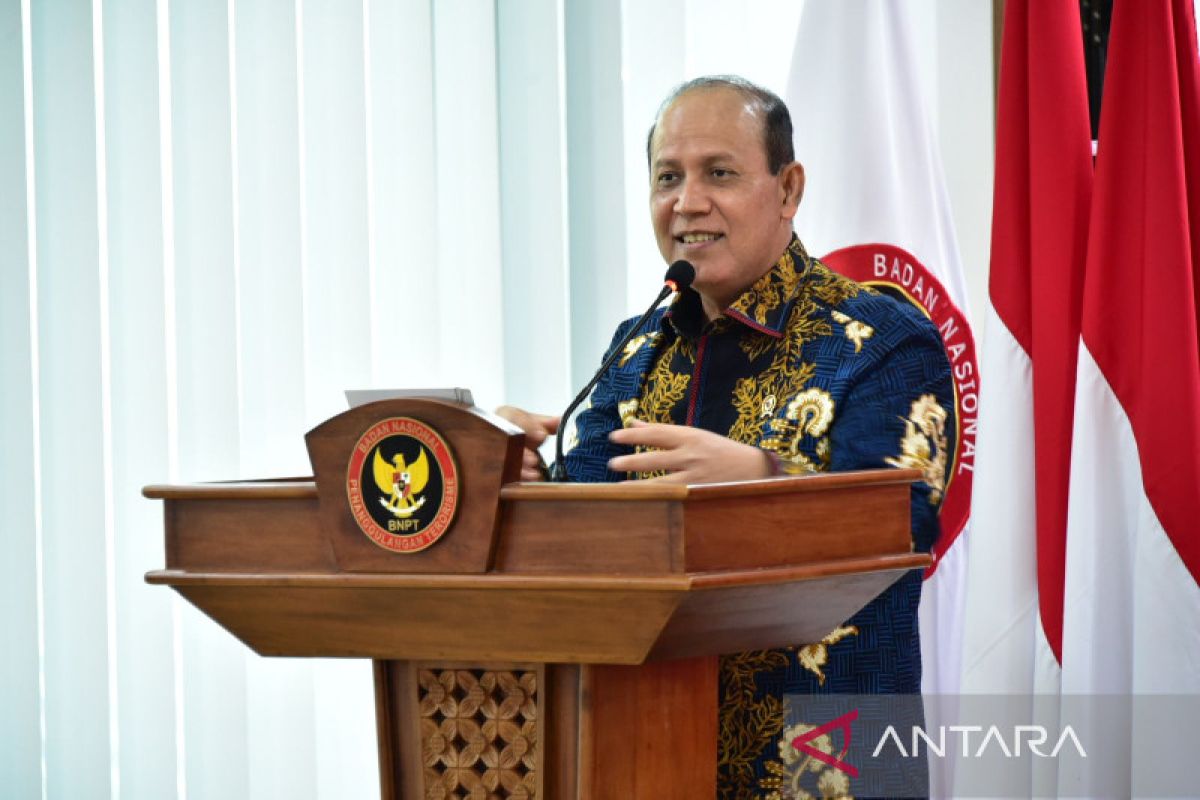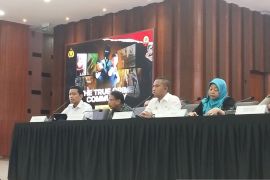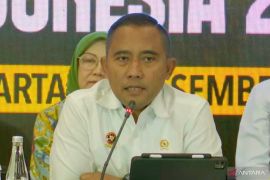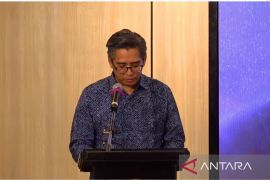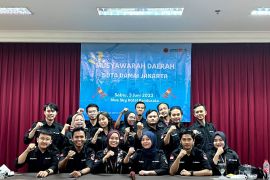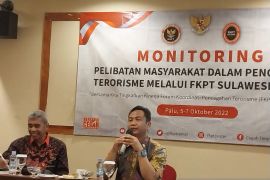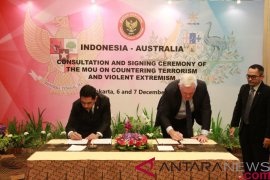"As the counter-terrorism coordinator, BNPT RI will apply a special instrument called ‘Apsifor Instrumen Kebangsaan (Apik),’” BNPT chief Commissioner General Boy Rafli Amar said in a written statement received in Jakarta on Wednesday.
Through the instrument, ministries and non-ministerial government institutions will be able to see the extent to which would-be employees and existing employees have been exposed to radicalism. The instrument will be used not only for would-be employees but also for old employees taking up new posts.
According to Amar, BNPT has officially launched Apik as an instrument to gauge the vulnerability of individuals to radical extremism.
BNPT will utilize Apik with the help of the Indonesian Forensic Psychology Association (Apsifor). Apsifor developed the Apik instrument based on the principles of psychological science. Thus, Apik BNPT will have the accountability to map individuals.
The instrument will be needed when ministries and non-ministerial government institutions recruit new employees and assess old employees for certain posts, he explained.
"We have received many applications from institutions to gauge the level of exposure to radical terrorism among would-be employees or employees who will hold strategic positions," he said.
By applying the instrument, data on the level of exposure to radicalism can academically be accounted for, he said.
Meanwhile, Apsifor chief, Reni Kusumowardhani, said Apik uses four indicators; first, intolerant attitude; second, lack of responsibility, third, enforcing beliefs on other people; and fourth, narrow-mindedness.
"The gauge can also be used to identify the risk of radicalism exposure and the risk of extreme action," he said.
Related news: Cooperation with universities vital for preventing terrorism: BNPT
Related news: Cultural preservation effectual in preventing terrorism: BNPT Head
Translator: Suharto
Editor: Azis Kurmala
Copyright © ANTARA 2022
